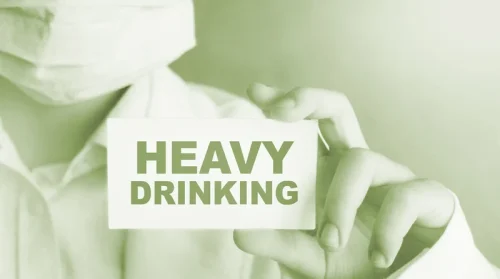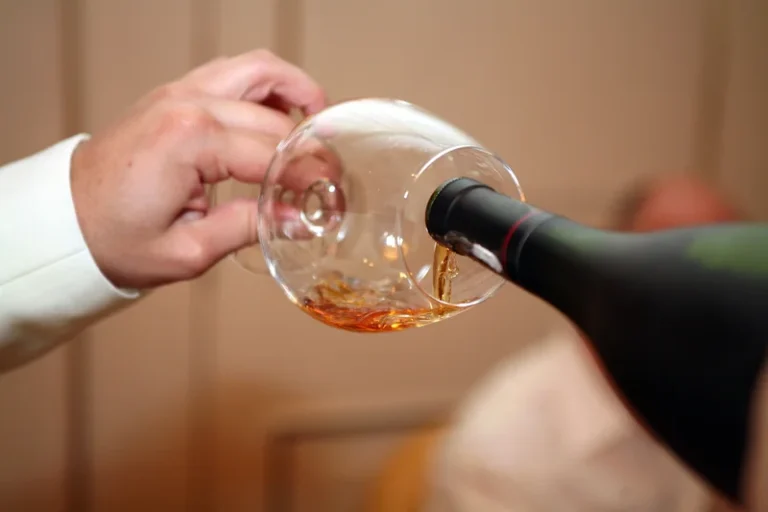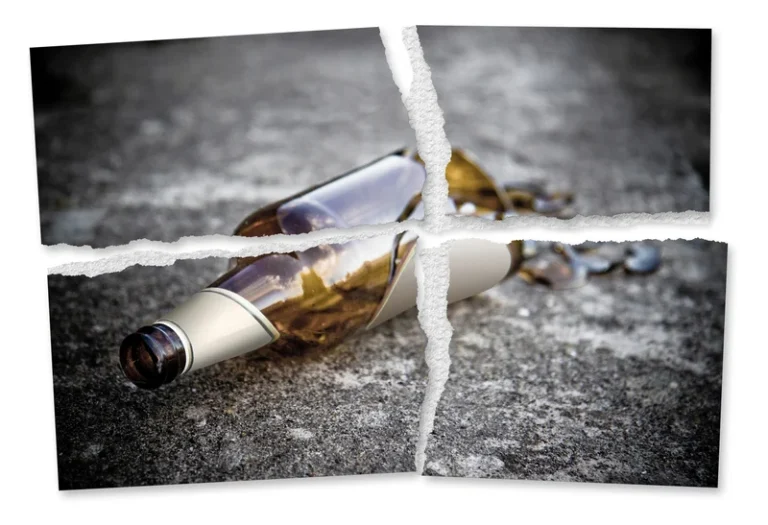
An aggressive drunk may make poor decisions that lead to worse scenarios. Since your judgment becomes clouded when you’re intoxicated, a simple misunderstanding can quickly turn into a bar fight. Furthermore, an angry drunk may not feel like consequences matter, making it seem like a good idea from their perspective to create or partake in a dangerous situation. When it comes to anger specifically, people may experience a phenomenon called “alcohol myopia” in addition to their already heightened emotions.
2 Outcomes of AA Facilitation Treatment
Techniques such as stress inoculation and cognitive restructuring help individuals identify and challenge negative thought patterns and develop healthier coping strategies for managing stress and anger triggers. It is crucial to understand the significance of co-treatment approaches for individuals grappling with both alcohol recovery and anger management. The connection between alcohol consumption and anger is complex, with alcohol often acting as a catalyst that amplifies underlying challenges related to anger management.
Impact on your health

In other words, long-term anger management is borderline impossible when someone is drinking regularly or in excess. When most people think of how alcohol affects the body, the brain isn’t the first thing that comes to mind. We often think of the liver, stomach, and how alcohol damages our overall physical health. But the brain is deeply (and immediately) impacted by heavy alcohol use as well.
Support Groups
- If you’re looking for help getting started, it’s wise to speak with your physician first.
- It is also possible that excessive alcohol consumption is causing a depletion of the neurotransmitter serotonin, which plays a role in mood regulation.
- When you check in on your anger levels, you can better assess what your needs are.
- Researchers surveyed 175 young adults who mixed alcohol with caffeinated energy drinks about their verbal and physical aggression in bar conflicts.
- The most effective way to cope with alcohol-induced anger is to avoid consuming too much alcohol.
Anger can be one of the most triggering emotions, so it’s important to create a strong plan for handling feelings of anger when they do arise in early sobriety. Ultimately, finding ways to truly process anger will allow it to become less intense, less frequent, and more manageable over time. There are multiple reasons why you may experience increased feelings of anger after quitting alcohol – let’s explore three of the most common. From Table https://ecosoberhouse.com/ 2, the mean scores of Anger expression out, anger expression in, anger expression outside, and anger control inside among the two groups and they are not statistically significant. The mean scores of trait anger and state anger of relapsers are significantly different from the abstainers. The relationship of state/trait anger with treatment outcome among alcohol users was assessed through percentage score, mean and standard deviation.


It’s when you can identify what’s wrong that you can begin to heal from it. It doesn’t matter how much anger you have – ignoring alcoholism and anger it doesn’t do any good. The fact is that both AUD and anger don’t need to be permanent, especially with quality treatment.

Alcohol’s Negative Emotional Side: The Role of Stress Neurobiology in Alcohol Use Disorder
- If your partner shows intense feelings of anger and a lack of self-control when drinking, reach out for help.
- With some insight into factors that can cause rage or aggression while drinking, you can take steps to avoid certain behaviors.
- Anger is rarely an isolated emotion, shedding light on its connection to alcoholism.
- While anger can underlie aggression, you can be angry and not aggressive or aggressive without being angry.
- In his case, he was already predisposed to anger arousal before he had his first drink.
- Now that we know what alcoholic rage syndrome is, can we do anything about it?
